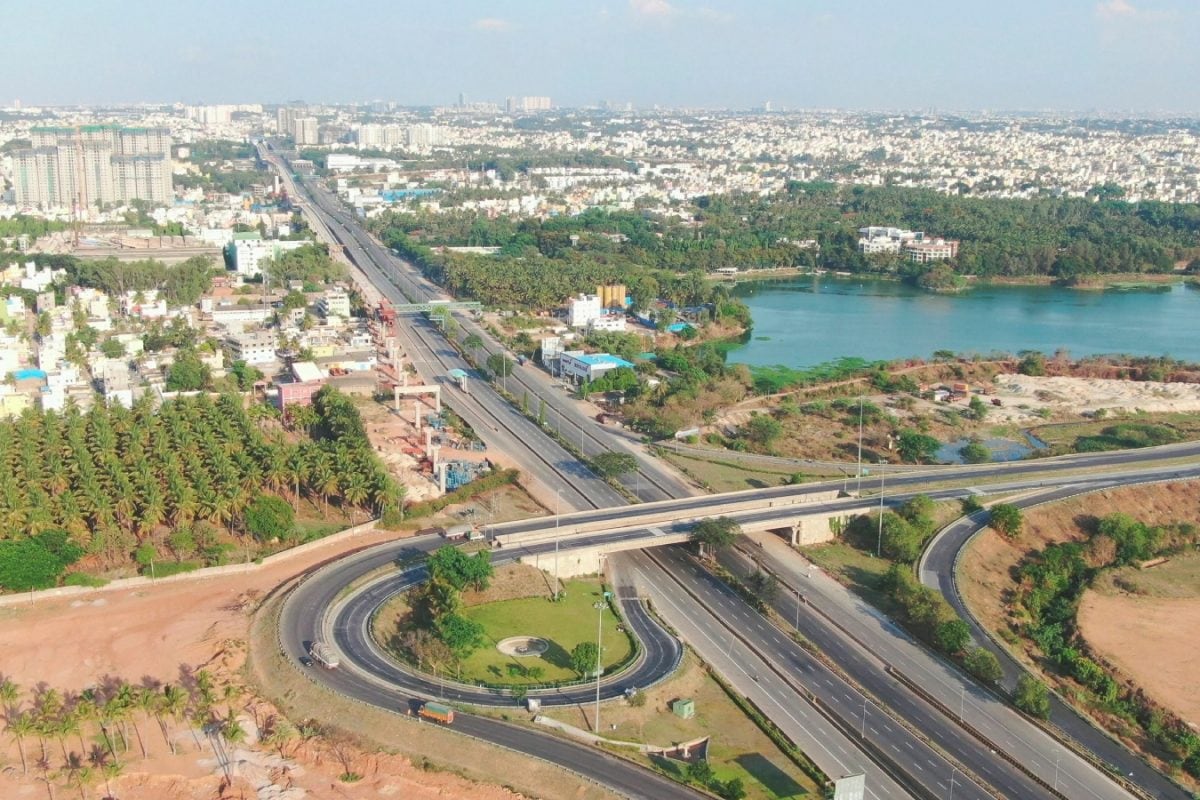The Bruhat Bengaluru Mahanagara Palike (BBMP) has been replaced by the Greater Bengaluru Authority (GBA) as the primary civic body of the city, effective May 15, 2025. This change follows the passage of the Greater Bengaluru Governance Act in February 2024 by the Karnataka Legislature. The GBA aims to streamline urban governance and address the growing challenges of infrastructure, traffic, and urban sprawl in Bengaluru.
Reasons for the Change
The GBA Act was introduced in response to long-standing demands for governance reform in Bengaluru, a city grappling with rapid population growth, strained infrastructure, and environmental concerns. The previous system, with the BBMP overseeing a 709-sq-km area, was deemed insufficient to manage the city's expanding needs. The GBA was initially proposed to expand city limits to over 1,000 sq km, incorporating peripheral villages, but the government has paused these expansion plans, opting to retain the BBMP boundaries for now.
Karnataka Deputy Chief Minister D K Shivakumar, who is also the Bengaluru development minister, stated that the transition to the GBA would enhance efficiency and localize governance by restructuring Bengaluru's civic administration and dividing the BBMP into multiple corporations.
How Will Things Change?
- Decentralized Governance: The GBA is expected to bring sweeping changes to the city's governance structure, including the possibility of dividing the former BBMP region into multiple municipal corporations, each headed by its own commissioner. This is part of a new decentralised urban governance model. It is expected that three to five corporations will be formed under the GBA.
- Expanded Authority: The GBA will have control over critical planning and financial matters of the metropolitan region. Key civic and infrastructure agencies such as the Bangalore Development Authority (BDA), Bangalore Water Supply and Sewerage Board (BWSSB), and Bangalore Electricity Supply Company (BESCOM) will now come under the purview of the GBA. The GBA also absorbs several provisions of the Bengaluru Metropolitan Land Transport Authority by planning and coordinating transport in the Bengaluru Metropolitan Area. It also integrates and supervises authorities such as the Bengaluru Metropolitan Transport Corporation, Bengaluru Metro Rail Corporation Limited, and the Bangalore Development Authority, issuing binding directions to streamline municipal and transport activities.
- Leadership and Structure: Chief Minister Siddaramaiah will serve as the chairman of the GBA, while Deputy Chief Minister DK Shivakumar will take on the role of vice-chairman. An officer not below the rank of additional chief secretary will be appointed as the chief commissioner by the state government, with a term of three years. Tushar Giri Nath, additional chief secretary of the Urban Development Department and current BBMP administrator, is expected to become the chief executive officer of the GBA. BBMP chief commissioner Maheshwar Rao is likely to oversee the broader municipal region under this revised setup.
- Continued BBMP Function: While the GBA has formally replaced the BBMP, the existing BBMP will continue to function until the GBA is fully constituted and the division of the city into multiple corporations has been finalized. All the functions in BBMP will continue until the time of reconstitution of GBA into various City Corporations and GBA kicks in within 120 days from the date of issue of notification. Once the exercise is complete, all other Acts like the Karnataka Municipal Corporation Act and Bruhat Bengaluru Mahanagara Palike Act will cease to exist.
- Concerns and Opposition: The implementation of the GBA has faced political opposition and legal threats. Some argue that the state's direct appointment of the chief commissioner centralizes power, potentially undermining the 74th constitutional amendment, which emphasizes local self-governance. The BJP and JD(S) have criticized the move, citing political motives, and the fate of the GBA could ultimately rest with the judiciary.
- Ward Committees: Ward committees will include both elected councillors and citizen representatives.
The GBA aims to improve service delivery, decentralize planning, and bolster transparency across Bengaluru. The coming months will be crucial in determining how effectively the GBA can address Bengaluru's urban challenges and deliver on its promise of better governance.

